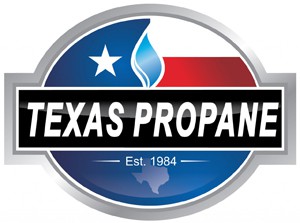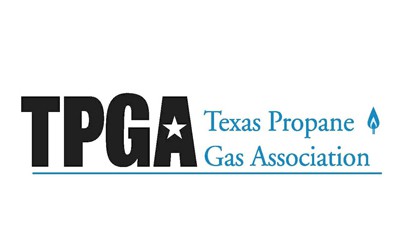
School buses are an essential part of the transportation infrastructure in many communities, providing a safe and reliable way for students to get to and from school. When it comes to choosing the fuel source for these buses, there are a few options to consider, including propane and natural gas. Both of these fuels have their own unique set of benefits and drawbacks, and the right choice will depend on the specific needs and circumstances of the school district or transportation company.
One key difference between propane and natural gas is the way they are stored and transported. Propane is a liquid fuel that is stored in tanks, making it easier to transport and store in small spaces. Natural gas, on the other hand, is a gas that must be pressurized and transported through pipelines, which can be more complex and expensive.
Another important factor to consider is the cost of the fuel itself. Propane tends to be less expensive than natural gas, making it a more cost-effective choice for some school districts. However, the price of both fuels can vary depending on local market conditions, so it’s important to do your research and compare prices in your area before making a decision.
Propane-powered buses do have some environmental benefits as well. They produce fewer particulate emissions than diesel-powered buses, which can help improve air quality in areas with high levels of traffic. Propane buses are also quieter than diesel buses, which can be a major benefit for schools located in residential areas or near hospitals, where noise levels need to be kept to a minimum.
Overall, the choice between propane and natural gas for school buses will depend on a variety of factors, including the local availability and cost of the fuel, the environmental impact of the fuel, and the specific needs and circumstances of the school district or transportation company. Both fuels have their own unique set of benefits and drawbacks, and it’s important to weigh all of these considerations carefully before making a decision






